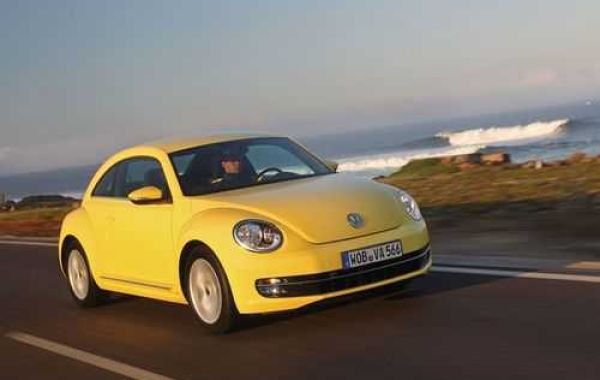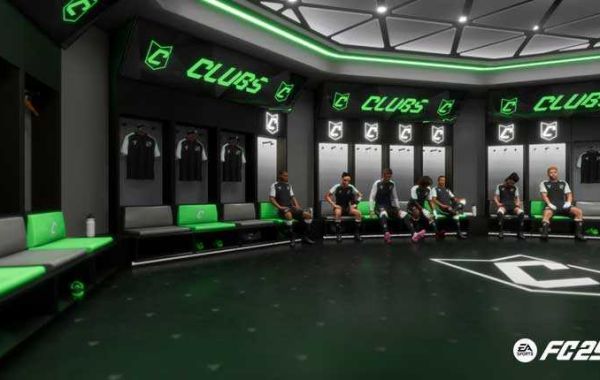The last ever Volkswagen Beetle, a Denim Blue coupe that will be on display at the VW Museum, rolled off the assembly line today in Puebla, Mexico.
Instead, Volkswagen de México's Puebla plant will produce the new North American crossover under the Tiguan model.
Volkswagen has sold more than 1.7 million units of this third generation Beetle, which was introduced as the New Beetle in 1998.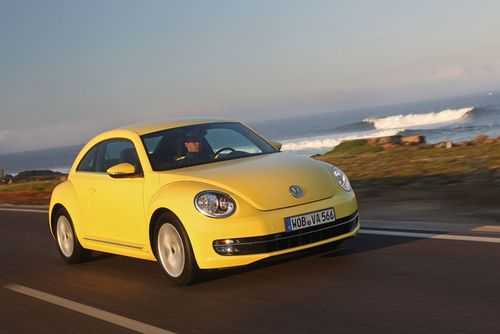
The journey of the long-lived Volkswagen Beetle has finally come to an end: today, the latest third-generation model rolled off the assembly line in Mexico, having sold more than 1.7 million units worldwide since its debut in 1998.
But as we all know, the Beetle came many decades earlier and its debut was not so successful, as it was the brainchild of Adolf Hitler, who wanted to create a "people's car" that could have the same impact on society in Germany as Henry Ford's Model T had in the US. The original Beetle, also known as the Type 1, survived long past its logical expiration date. Cheap, efficient, instantly recognizable yet enigmatic, the original air-cooled Beetle transcended its original purpose and, like the classic Willy's Jeep, Fender Stratocaster and Converse Chuck Taylor sneakers, became a cultural icon despite, or perhaps because of, its inherent flaws. The Type 1 underwent several significant updates and many changes during its 65-year existence, but production continued until 2003, when the last model rolled off the assembly line at the same factory in Mexico where the third generation of the modern Beetle ends production today.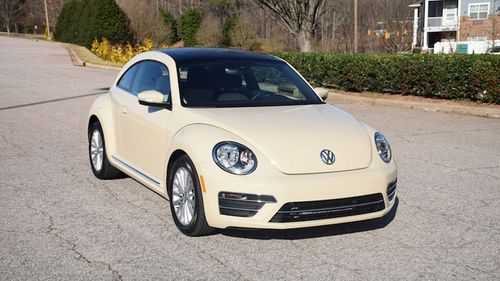
Although the air-cooled Beetle disappeared from the US market for various reasons in the late 1970s, at the time it seemed like the arrival of a new Beetle was inevitable, we just didn't think it would take 1998 to make it happen. After years of rumors and teasers, the new Beetle arrived just as an entire generation of increasingly affluent buyers realized they were suffering from a debilitating bout of nostalgia. Seeking to embrace the cultural traditions of the car history, they flocked to the New Beetle, which provided all the warm and fuzzy memories without inducing nightmares like its ancestor - a car with a 1.2-liter, 40 hp engine that could barely maintain 60 mph on an incline.
When it arrived, the New Beetle had improved in almost every area: handling, comfort, noise, vibration and harshness, reliability - at least for a late 90s Volkswagen - and modern conveniences like air conditioning and automatic transmission. But those who stuck around long enough to get over the cuteness factor found that the New Beetle was also a pretty good car for the time. Did anyone care that the water-cooled engine was in the front? Maybe, but progress comes at a price and if the car could be made safer and more practical to manufacture, only the most ardent supporters were disappointed.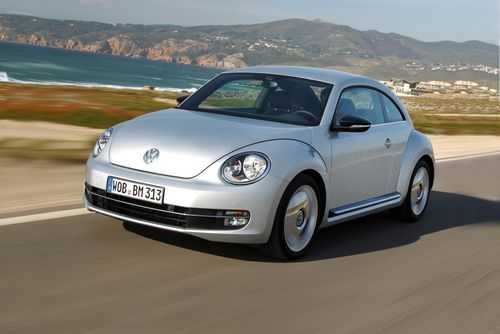
Shortly after its release, Volkswagen began using the Beetle as a palette to experiment with, creating convertibles and a turbocharged version, numerous special editions including the Barbie Beetle, Denim Edition, Beetle Dune and a host of other special editions and one-off concepts. The last major redesign was for the 2012 model year, when VW attempted to masculinize the design, dropping the word "New" from the name and simply calling it "Beetle". From that point on, production of all third-generation Beetles was moved entirely to the Puebla plant, although the cars were delivered to 91 markets worldwide.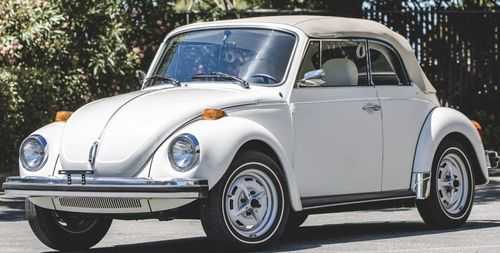
While we're sad to see the Beetle - new, old or otherwise - walk into a golden sunset, Volkswagen isn't done working with its past to create future products. Just two years ago, Volkswagen confirmed the launch of the I.D. Buzz model, signaling the next wave of cars that are future-oriented but not stuck in the past. The Volkswagen I.D. Buzz is a modern interpretation of the classic Microbus, a high-tech tour de force that is scheduled to hit stores in 2022.
Search
populaire posts
-
 How To Love Yourself As A Senior Bbw
Door Christopher Miller
How To Love Yourself As A Senior Bbw
Door Christopher Miller -
 Jobs That Are Perfect for People Who Like to Work With Their Hands
Door Kevin Gardner
Jobs That Are Perfect for People Who Like to Work With Their Hands
Door Kevin Gardner -
 Best canadian pharmaceuticals online
Door Rosa Smith
Best canadian pharmaceuticals online
Door Rosa Smith -
 What is the greatest online casino in Canada?
What is the greatest online casino in Canada?
-
 Mentioned previously in despatches
Door SEO Consultant
Mentioned previously in despatches
Door SEO Consultant
